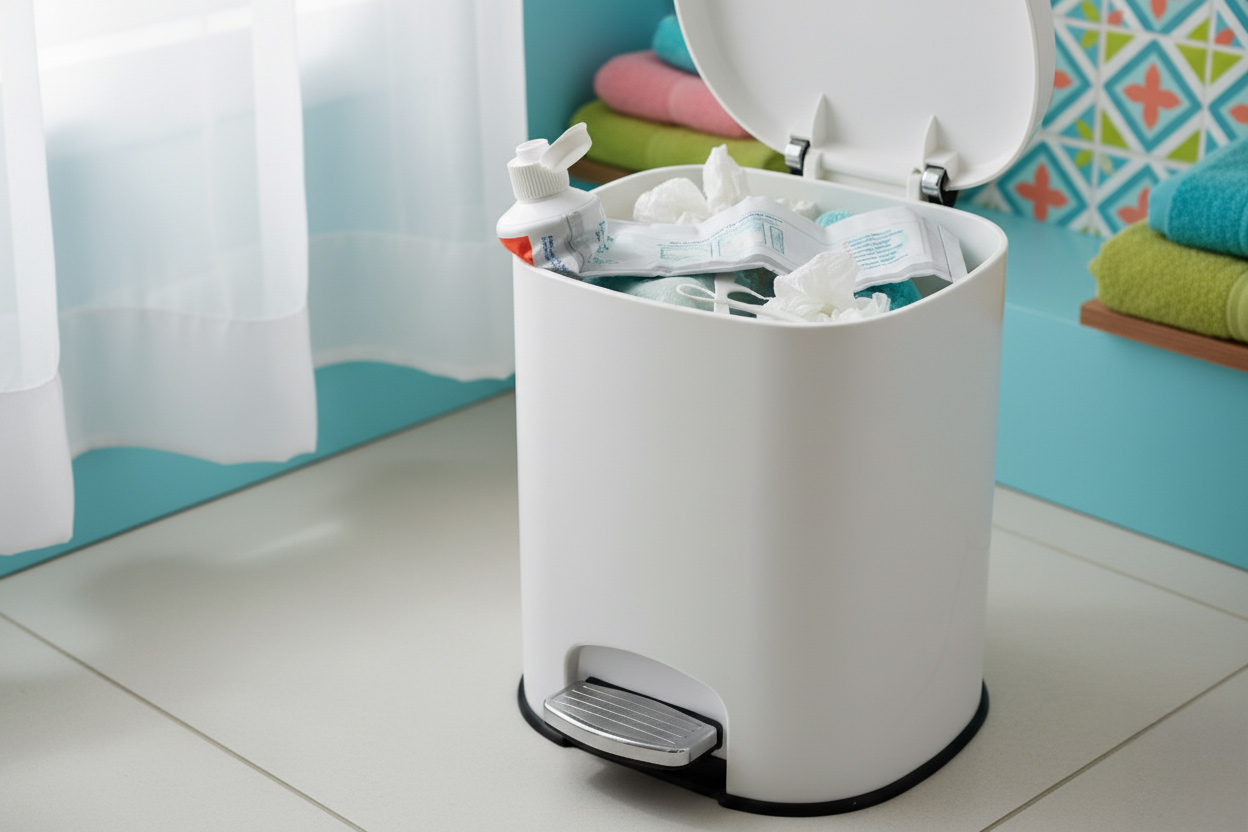Industry collaboration eliminates toothpaste tube contamination from recycling streams
HDPE redesign removes processing barriers and contamination issues for material recovery facilities while supporting 2026 collection requirements under Simpler Recycling legislation
 A collaboration between major oral care manufacturers and WRAP has eliminated contamination from 252 million toothpaste tubes annually by redesigning packaging to use mono-material high-density polyethylene (HDPE) construction.
A collaboration between major oral care manufacturers and WRAP has eliminated contamination from 252 million toothpaste tubes annually by redesigning packaging to use mono-material high-density polyethylene (HDPE) construction.
The industry-wide shift addresses a persistent challenge for material recovery facilities, where toothpaste tubes have long created processing complications due to aluminium sheets sandwiched between plastic layers. This traditional construction rendered tubes unrecyclable and generated significant contamination issues in plastic bottle streams.
Colgate, Haleon, Unilever and P&G have now switched to the same HDPE used in milk bottles, enabling tubes to be processed through existing infrastructure without additional sorting requirements or downstream complications. The change transforms what Catherine David, WRAP CEO, described as "one of the most infuriating packaging formats" into materials that integrate seamlessly with current recycling operations.
The redesign also tackles a major wish-cycling problem, with toothpaste tubes ranking as the UK's second most commonly misrecycled household item. Previously, 25 per cent of households incorrectly placed unrecyclable tubes in recycling collections, creating contamination that required manual removal at processing facilities.
Currently 37 local authorities collect toothpaste tubes at kerbside, covering approximately three million households. This figure is expected to rise significantly as councils prepare for Simpler Recycling legislation, which aims to enable all English authorities to collect the redesigned tubes alongside plastic pots, tubs and trays by 31 March 2026.
Processing improvements deliver facility benefits
The transition to mono-material construction delivers measurable improvements for collection and processing operations. WRAP trials demonstrated that properly prepared tubes achieve 60 per cent recovery rates compared to just 16.7 per cent for tubes containing residual paste, significantly reducing the burden on downstream sorting and cleaning processes.
The standardisation eliminates the manual intervention previously required to remove aluminium-layered tubes from plastic streams, streamlining operations for material recovery facilities already managing complex waste streams. New tubes carry Recycle Now labelling with preparation instructions designed to support contamination reduction efforts and improve overall stream quality.
Adrian Sen, sustainability innovation senior manager at Colgate-Palmolive, highlighted the collaborative approach: "WRAP's leadership in bringing together industry, local authorities, and consumers is crucial for building a more circular economy and reducing the operational challenges that facilities face daily."
Extended Producer Responsibility alignment
The initiative demonstrates how design-for-recycling approaches can support upcoming Extended Producer Responsibility reforms while reducing system-wide costs. Under new EPR frameworks, the mono-material tubes will avoid penalties associated with hard-to-recycle packaging, creating economic incentives for similar design improvements across other product categories.
Joe Muscat, environmental sustainability and innovation director at Haleon, said the change represents a broader shift in industry thinking: "We've turned toothpaste tubes from unrecyclable waste into packaging that can now be part of a truly circular economy, reducing operational burdens on collection and processing systems while supporting the infrastructure investments councils are making."
The redesign comes as the UK's plastic packaging recycling rate reached 52.5 per cent in 2023, representing significant progress from 25.2 per cent in 2012, though contamination continues to impact processing efficiency across facilities nationwide.
WRAP estimates that 2.3 billion recyclable items, including other bathroom and household products, still enter residual waste streams annually due to similar design and communication challenges. The toothpaste tube success provides a template for addressing these issues systematically ahead of the 2026 collection requirements.





